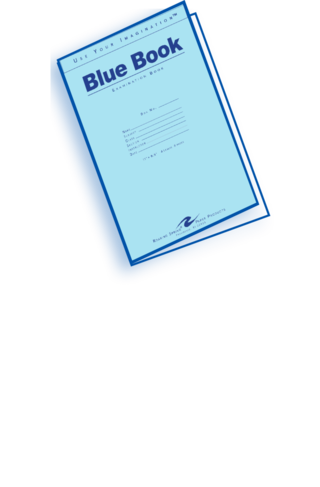Sport and Competition
Social Comparisons Can Make You Give Up
It is not always motivating to compare yourself to other people.
Posted April 1, 2016

Competition can often be motivating. In the history of discovery and innovation is filled with stories of people who were spurred on by the prospect that someone else would beat them to the goal. Watson, Crick, and Franklin were concerned that other groups were also closing in on the structure of genetic material. Alexander Graham Bell and Elisha Gray were rivals in the development of the telephone (and indeed, Bell’s patent applications preceded Gray’s by a matter of hours).
Yet, in ordinary life, social comparisons can also be de-motivating. If you compare yourself to someone else who is just a little better than you are, you may be energized to improve and catch up with them. But, if you compare yourself to someone who is significantly better than you are, you may feel like no matter how hard you work you will never measure up to their example.
This possibility was explored in a paper in the March, 2016 issue of Psychological Science by Todd Rogers and Avi Feller.
In one study, they examined over 5,000 participants in a Massive Open Online Course (MOOC). Many MOOCs have the students give peer evaluations to each others’ papers in order to make the workload manageable for the instructors. In this MOOC, students wrote a paper about mid-semester and then gave evaluations to at least three papers written by their peers.
The measure of interest was whether students finished the course and ultimately received credit for it. The quality of essays a student evaluated affected whether they finished the course. About 68% of students who evaluated essays of average quality finished the course. But, only 45% of the students who evaluated excellent essays finished the class. That is, when students read excellent examples of other student performance (and thus had a chance to compare themselves to other students who were performing well), they were less motivated to finish the class than if they read average examples of other students’ essays.
As a way of understanding the size of this effect, the researchers also looked at the effect of the grade students got on their essay. Overall, 93% of students who got a perfect store on their essay, while 75% of students who got an average score finished the class. That means that seeing examples of excellent work (as opposed to average work) was about as demotivating to students as getting an average score on their own essay (as opposed to an excellent score).
The researchers also did a version of this study using an experimental manipulation. In this study, participants recruited on-line wrote a brief essay given a prompt. Then, they read and evaluated two other essays that they were told were written by other participants. The two other essays were either excellent or poor (as judged by an independent group of participants). At the end of the study, participants were given a chance to write one additional essay for the chance to win a prize. They also rated whether they thought they were capable of writing an excellent essay.
Participants who evaluated excellent essays were far less likely than those who evaluated poor essays to write for a second time. Participants who evaluated excellent essays were also less likely to think they could write an excellent essay than those who evaluate poor essays.
This combination of results suggests that comparing your own performance to that of other people is not always a good idea. In particular, when you encounter examples of performance that are far better than your own, it may make you feel like your own abilities will never measure up to someone else’s. In that case, competition may make less motivated to improve.
I must admit that these results make me rethink some of my own plans. The Human Dimensions of Organizations program that I run at the University of Texas is slated to offer an undergraduate major starting in the Fall of 2016, and I will be teaching the introductory course. I was thinking of using peer evaluation of assignments in the class, but now I am re-thinking that possibility.
Follow me on Twitter.
And on Facebook and on Google+.
Check out my books Smart Thinking and Habits of Leadership
And my latest book Smart Change.
Listen to my radio show on KUT radio in Austin Two Guys on Your Head and follow 2GoYH on Twitter and on Facebook. The show is available on iTunes and Stitcher.


